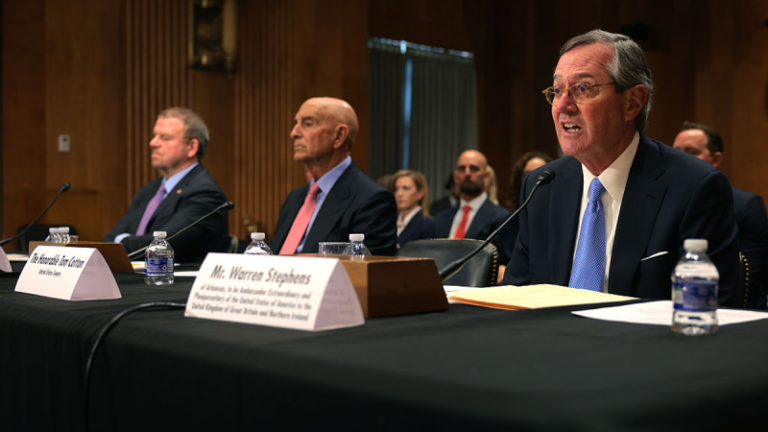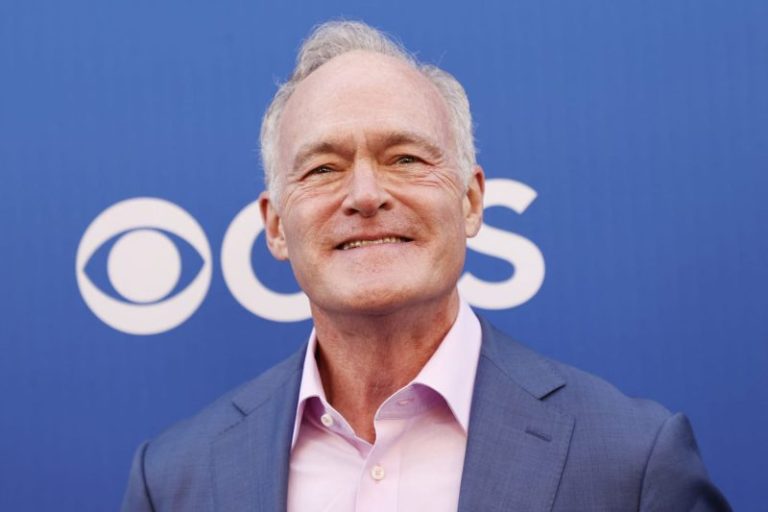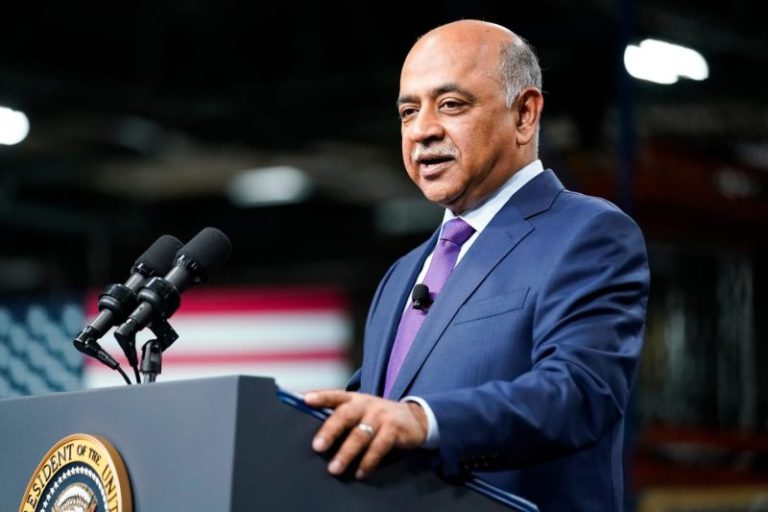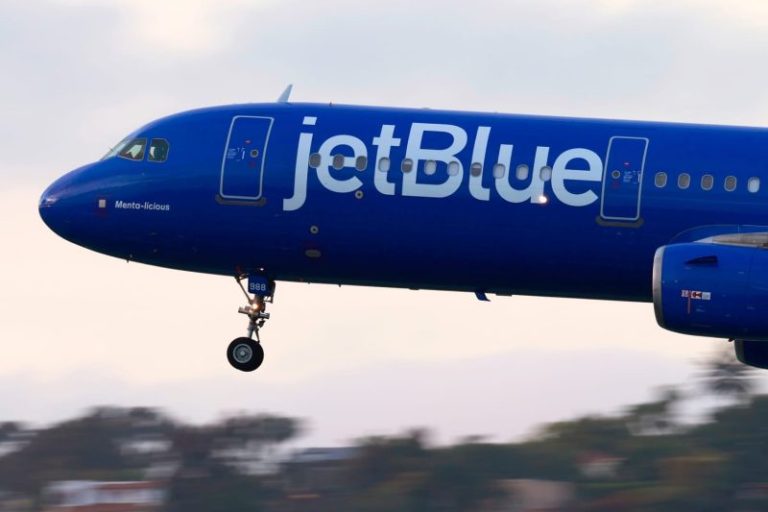Ana María Careaga was just 16 when she was kidnapped, stolen by the regime then running Argentina. To her mother, Esther Ballestrino de Careaga, it was as if she had vanished.
It was an event that would change not just the lives of both the women and the daughter Ana María was carrying, but the future of Argentina. And it was something a priest named Jorge Bergoglio would never forget.
It was 1977 and Argentina was under the grip of a military dictatorship following a coup the year before. Those who opposed the regime were abducted, tortured, and killed – victims of what would become known as the “Dirty War.”
There was no notification or public record of the detentions, and families had no idea what had happened to their loved ones.
By the time Ana María was seized, her brother-in-law had already disappeared. Soldiers took her to the clandestine detention center known as El Atlético, where she was tortured – even after she told her captors she was three months pregnant.
Although the extrajudicial kidnappings were becoming increasingly common, families did not speak of them — until mothers took a stand.
On April 30, 1977, a dozen or so women, each the mother of a missing child, gathered in Plaza de Mayo, the grand square in front of the Casa Rosada presidential palace in Buenos Aires. They were ordered to disperse, but instead linked arms and continued to walk slowly around the square.
Each Sunday, more women would come to join in, soon to include Esther who became one of the leaders of Las Madres de Playa de Mayo (the Mothers of Playa de Mayo.)
Esther knew Bergoglio long before he had even joined the priesthood. She had been his boss while he was a high schooler working a technical internship at a laboratory.
While Ana María was detained — always chained and blindfolded, she said — her mother and other members of the movement met in a back room at the Santa Cruz Church in downtown Buenos Aires.
Ana María turned 17 while still in captivity, and she was released on September 30, 1977, by then seven months pregnant.
Within days of a medical check arranged by her mother, she left for Sweden, where she was granted asylum.
“That was the last time we saw each other,” Ana María said. “We wrote letters to each other, and in one letter she tells me that when I was kidnapped, she was like an automaton, thinking about (me) the whole time. She left in the morning and came back at night, out all day with the mothers searching, searching, searching.”
Even when her daughter was safe, Esther kept campaigning for those who had become known as the “disappeared.”
To Ana María, and perhaps to the priest who’d befriended her mother, it was a reflection that “the struggle wasn’t just individual, but a collective one.”
Months after her daughter’s release, in December 1977, Esther and others met as usual at Santa Cruz when they were betrayed. Stepping out of the church, she and others were abducted.
“They had been taken to … a clandestine center for torture and extermination, and then they were thrown alive from the ‘death flights,’ which was the final solution they (the regime) boasted of having found to get rid of the bodies,” Ana María said. The “death flights” where prisoners were killed by being tossed from a plane over land or sea is now a documented horror of the Dirty War.
Many bodies were never recovered, but days after she disappeared, the remains of Esther washed up on land.
“What the Mothers say is that the sea did not want to be an accomplice and returned the bodies,” Ana María said.
Esther’s remains were unidentified though and buried in a mass grave.
Ana María did not know of her mother’s disappearance until she called to tell her of the birth of her granddaughter, the baby carried while she was detained.
“She was born on December 11, and we called on December 11, 1977, to say that she had been born, and that’s when we found out that my mom had been kidnapped three days earlier,” she said. “My mom didn’t know that she had been born safely.”
As Archbishop of Buenos Aires, Bergoglio testified about Esther during a 2010 trial related to Dirty War atrocities. In an excerpt posted on YouTube by journalist Uki Goñi, he said he had known her for more than 20 years.
“It caused me great pain,” Bergoglio said of learning of her abduction. “I tried to get in touch with relatives, I wasn’t able to. They were mostly … in hiding.”
He said he had tried to speak to people who could help but had not approached the authorities. His actions or lack thereof during the Dirty War hung around him as unanswered questions, even as the Vatican dismissed allegations against him.
“I did what I could,” he told the trial. “I remember her as a great woman.”
Decades later, long after the fall of the military regime in 1983, the remains from the oceanside mass grave were identified, and found to include Esther.
Families petitioned Bergoglio to allow them to be buried not in a cemetery, but outside the Church of Santa Cruz — the last place they had walked free.
“He said it was an honor,” Ana María told us. “He remembered his friend Esther and said it was an honor and authorized it so we could, as the faithful of this church say, sow them in the last free land that their feet trod.”
To commemorate her mother and all the others who challenged the regime, April 30 is now recognized as the founding of the Mothers of the Plaza de Mayo.
The Vatican publicized a message then Pope Francis sent to Ana Marìa in 2018 to play on a radio show she hosts. “I very much remember your mother,” he said then. “She worked hard, she was a fighter and together with her many women who fought for justice, both because they had lost their children or simply because mothers who, seeing the drama of so many missing children, came together to fight for this as well.”
Standing just off the main altar inside Santa Cruz Church, Ana María calmly pulled out her replacement phone — her original had been recently stolen. Fortunately, her WhatsApp messages had been backed up, preserving the Pope’s words, and her memories.
She still has that recording on her phone. In it, the Pope tells her: “I’m glad you follow these footsteps of your mother and that you broadcast it to others in your radio show. So today, in a special way, I pray for mothers, I pray for you, I pray for your mother Esther, and I pray for all the men and women of good will who wish to carry forward a project of justice and fraternity among all. May God bless you all.”
Esther Ballestrino de Careaga never met her granddaughter. But Pope Francis did, spending about an hour with her last year when she visited Rome, her mother said, proudly showing a video of the two together. “He knew the whole story because my mom told him everything they had done to me, the torture, everything,” Ana María said.
As another April 30 anniversary approaches, Ana María has only memories now of her mother and the Pope.
Of her mother, she said: “I have a very vivid memory of a very loving, hard-working, and committed person. I feel she left me with many values, and she’s present in our history because disappearance generates that — disappearance is the permanent presence of an absence.”
She carries a directive from the Pope as well.
“When my daughter went to see him last year, he told her that we had to continue bearing witness,” she said. “We, right now in Argentina, are going through a very difficult time, and I say … we need to remember again.”
“Everything that happened, the 30,000 disappeared, and how the Mothers created a civilizing pact in this country, a social contract of ‘never again.’ And that’s why it’s so important to preserve memory, which was also what the Pope said: that memory had to be preserved.”
This post appeared first on cnn.com










